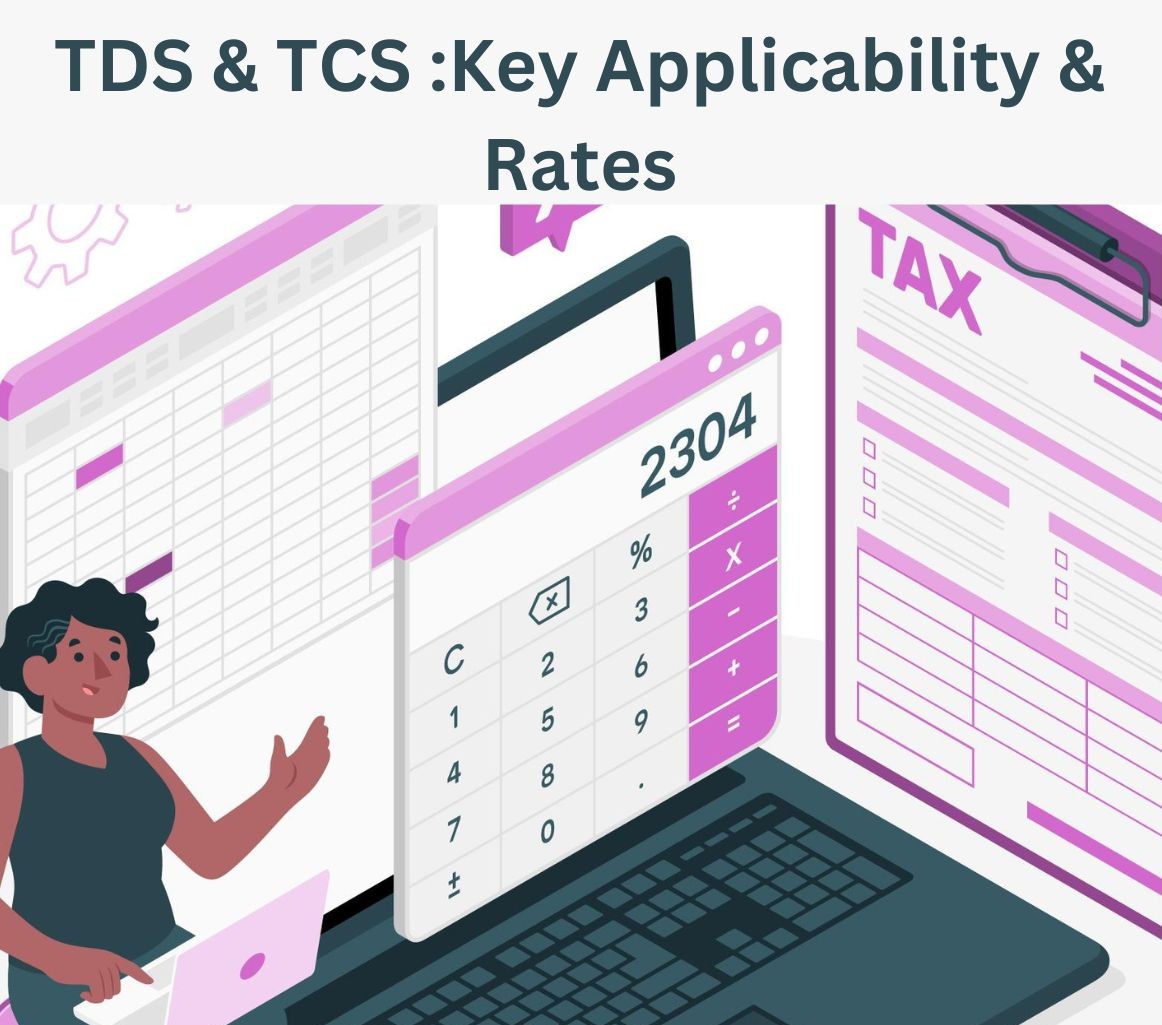Blog Details
19. Franchising vs. Expansion: Make the Right Choice

Expanding a business is an exciting step, but one of the most critical decisions of entrepreneurs is whether to open a new company-owned branch or franchise their business. Imagine you're a budding entrepreneur, ready to expand your business empire. You've got a brilliant concept, a solid business plan, and a passion that's burning brighter than a thousand suns. It's a dilemma that has puzzled business owners for centuries. On one hand, franchising offers the comfort of an established brand, on the other hand, opening a new branch gives you the freedom to create something entirely new. Both options have their pros and cons, and the best choice depends on factors such as capital, control, growth speed, and risk management. Let’s explore these two models to determine which might be a better fit for your business.
Franchise Model
A business model where a business owner (franchisor) allows an independent individual (franchisee) to operate a business using its brand, products, and business model, in exchange for fees and royalties. The franchisee invests in setting up the outlet, while you provide support, brand recognition, and operational guidelines.
Advantages :
- Lower Capital Requirement: Franchisees invest their own money to open locations, reducing the franchisor’s financial burden.
- Rapid Expansion: Franchising allows businesses to grow faster since expansion isn’t dependent on the business owner’s own resources.
- Reduced Risk: The franchisee absorbs the financial risk of each location.
- Ongoing Revenue: Franchisors can earn ongoing royalties from franchisees, providing a steady income stream.
Challenges :
- Less Control: Franchisees run their businesses independently, making it difficult to maintain full control over daily operations, which can pose challenges in ensuring brand consistency.
- Revenue Sharing: Unlike a company-owned branch, a franchised location shares its revenue via royalties rather than contributing directly to company profits.
- Quality Control Issues: Ensuring consistent quality and customer experience across all franchise locations can be difficult.
Examples of such models include popular brands like Slam Lifestyle & Fitness Studios, Toni & Guy Salons, Naturals Salon, etc.
Own-Branch Model
Opening a new branch is a direct expansion of the business where the owner retains complete control over operations, finances, and decision-making. This model requires the business owner to invest their own capital and manage daily operations.
Advantages :
- Complete Control: Business owners make all decisions regarding branding, quality, and operations.
- Higher Profit Retention: Unlike franchising, all revenue generated belongs to the business owner.
- Stronger Brand Consistency: Standardization is easier when all locations are managed under one leadership.
- Greater Operational Flexibility: Adjustments to processes, pricing, and strategy can be made quickly without third-party approval.
Challenges :
- High Investment: Opening a new branch requires significant capital, including real estate, staffing, and inventory costs.
- Increased Operational Complexity: More branches mean higher management and logistical challenges.
- Higher Financial Risk: Since the business owner bears all expenses, any failure could have a significant financial impact.
- Slower Expansion: Growth may be slower compared to franchising since business owner invests own resources.
Known brands like Saravana Stores, Sangeetha Mobiles, Saravana Bhavan, etc operate through their own branches.
Hybrid Approach: The Best of both worlds
Many successful businesses use a hybrid approach—franchising for rapid expansion while keeping flagship locations company-owned. This strategy allows businesses to maintain direct control over key markets while leveraging franchise partners for broader expansion.
Brands such as Tanishq, Apollo Pharmacy & Café Coffee Day operate both company-owned stores and franchises.
Ultimately, the decision between franchising and opening a new branch depends on your business goals, resources, and risk tolerance. Franchising provides a proven model and support, while opening a new branch offers creative control and flexibility. Weigh your options carefully and choose the path that best aligns with your vision for success.
~ Compiled by Rajee Ranjana, Senior Audit Assistant, H M R R & Associates.
Copyright | All Rights Reserved H M R R & Associates























